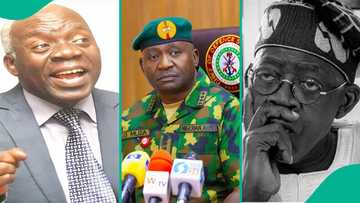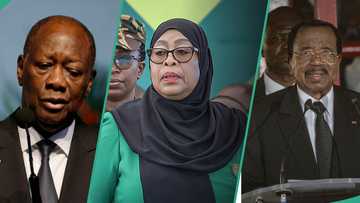Kaduna Government Claims to Secure Release of Over 500 Kidnapped Persons Through Dialogue
- Kaduna State says it has freed over 500 kidnapped victims using a peace model that rejects ransom and violence
- Officials credit the Kaduna Peace Model with restoring trust, reopening schools and markets, and reviving rural life
- Despite progress, sporadic attacks and underreported violence continue to threaten communities across the state
The Kaduna State Government has announced the release of over 500 kidnapped individuals through a peace initiative that avoids both ransom payments and military confrontation.
The strategy, known as the Kaduna Peace Model, was unveiled by the state’s Commissioner for Information, Ahmed Maiyaki, during a workshop on Peace Journalism held in Kaduna on November 5.
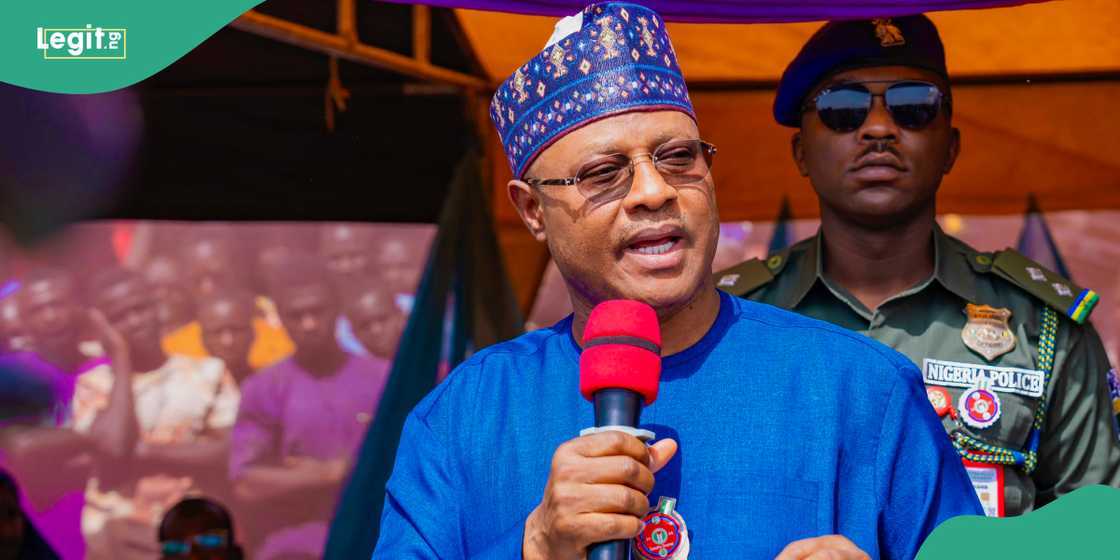
Source: Facebook
Maiyaki said the model was developed jointly by the Office of the National Security Adviser (ONSA) and the Kaduna Peace Committee.
He described it as a “people-driven strategy” that addresses insecurity by investing in education, healthcare, and livelihoods for affected communities.
“You cannot bomb peace into existence; you must build it with trust,” Maiyaki stated, explaining that the government had shifted “from confrontation to conversation” in its approach to tackling banditry.
Peace through dialogue and development
Maiyaki noted that the turning point came when leaders of armed groups requested the reopening of markets, schools, and health centres that had been shut down due to violence.
He said the government agreed to the requests, not as a form of ransom, but as a way to restore dignity and normal life to neglected communities.
“We agreed because these are basic human needs, not ransom payments. We didn’t give them a dime — what we restored was life and dignity to communities long abandoned,” he said.
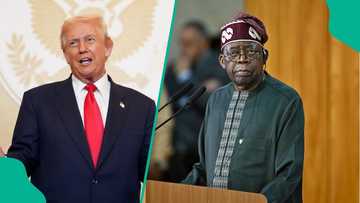
Read also
The country of particular concern trap: What the US Senate got wrong about Nigeria’s crisis
Between 2015 and 2023, Kaduna State recorded 1,160 security incidents, resulting in 4,876 deaths and thousands of kidnappings. In 2021 alone, 1,192 people were killed and over 3,000 abducted, leading to the closure of 142 schools and 192 health facilities, according to Maiyaki.
He added that the peace model promotes intelligence sharing, dialogue, and socio-economic inclusion.
So far, it has helped restore over 500,000 hectares of farmland, reopen rural markets, and revive transport routes previously deemed unsafe.
Media urged to support peace efforts
Fatima Shuaibu, Head of the Department of Strategic Communication and Media Studies at Kaduna Polytechnic, also spoke at the event. She blamed most conflicts in Nigeria on mismanaged diversity and poor leadership.
“The media must intentionally tell solution-driven stories that promote unity. When we misreport conflicts, we deepen wounds instead of healing them,” she cautioned.
Governor Uba Sani has consistently pledged to end banditry in Kaduna through non-violent means, including dialogue with armed groups to reduce kidnappings and restore peace.
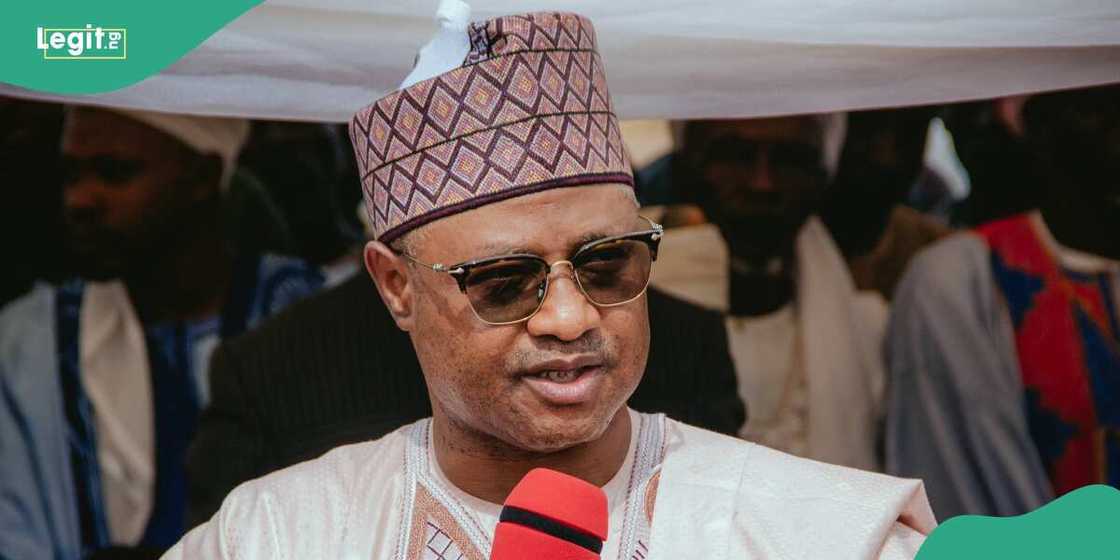
Source: Facebook
US listed 6 people funding terrorists in Nigeria
Legit.ng earlier reported that In a flashback to March 2022, the United States government formally sanctioned six Nigerian nationals found guilty of financing Boko Haram while residing in the United Arab Emirates (UAE).
The decision has been revisited amid President Donald Trump’s designation of Nigeria as a Country of Particular Concern, highlighting longstanding concerns over terrorism and extremist funding networks.
The U.S. Department of the Treasury’s Office of Foreign Assets Control (OFAC) announced the designation of the individuals under Executive Order 13224, which targets terrorists and those who support acts of terrorism.
Source: Legit.ng

